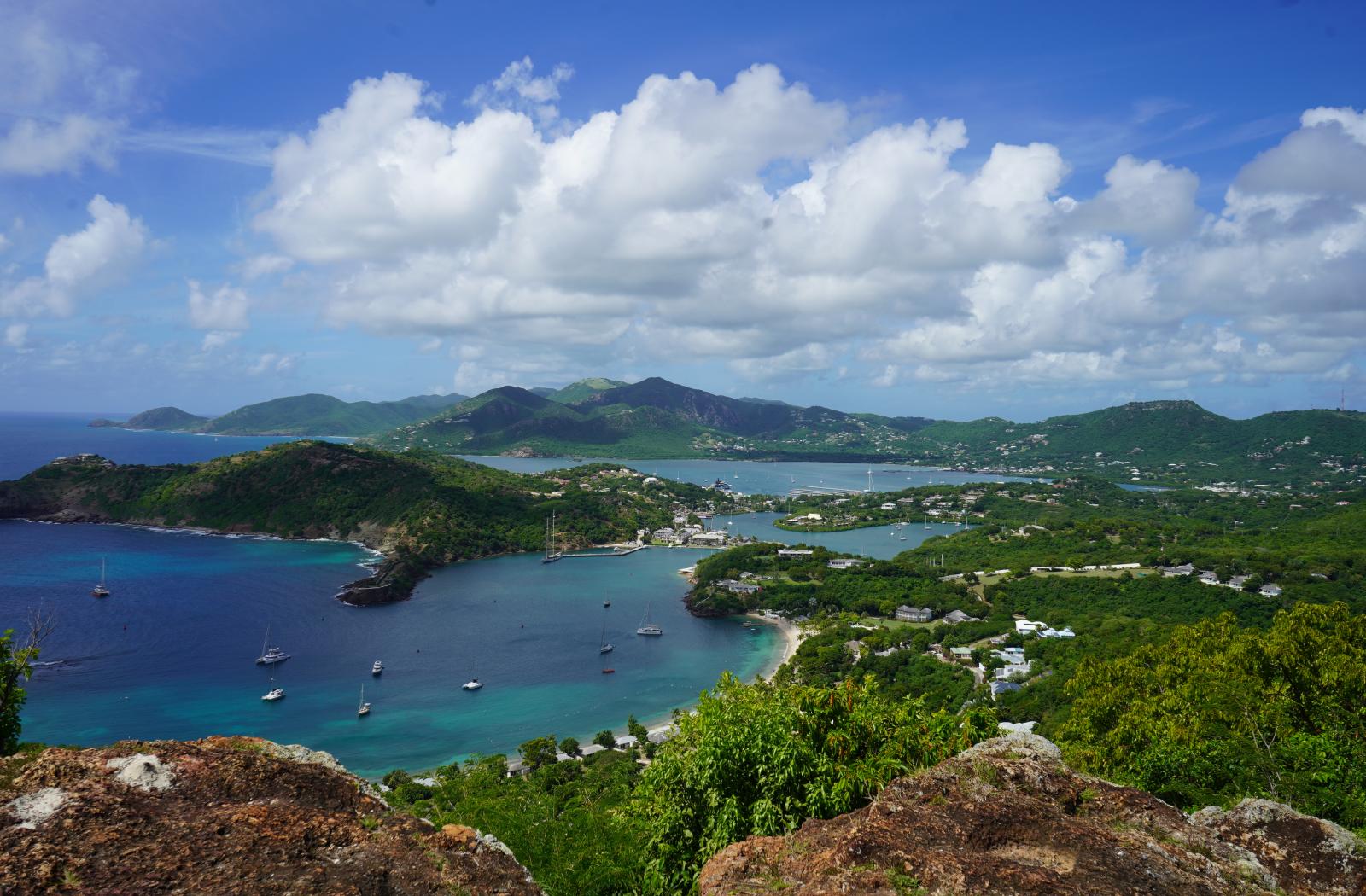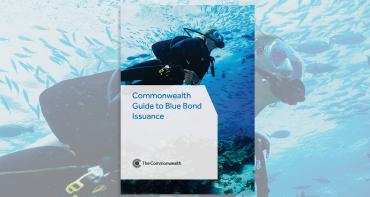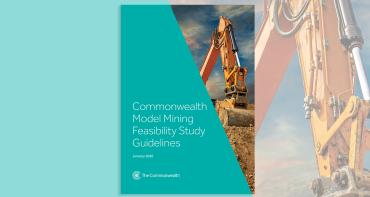Blog by Henrietta Wolstenholme, Project Support Officer; Dr Jane Collins, Ocean Governance Adviser; and Shevon Campbell-Roberts, Climate Research and Policy Officer, Climate Change and Ocean Directorate, Commonwealth Secretariat

Antigua and Barbuda, the twin-island state in the Caribbean, is known for its hospitality, the sounds of its centuries-old music, and world-class cricketers. Yet, the people of this country – like those of many other Small Island Developing States (SIDS) – worry more about their future. From fisherfolk to young parents, climate change has touched their lives in irrevocable ways. Hurricanes, incessant rain, flooding of drought-stricken lands, rising sea levels and shrinking beaches — all risk island futures.
In response, Antigua and Barbuda is investing in building a more resilient future through innovative financing, best practice energy planning and reformed ocean governance. In this blog, we unpack how the Commonwealth Secretariat is supporting these efforts.
Empowering clean energy transformation
Imported fossil fuels have been the mainstay of Antigua and Barbuda’s energy mix. This reliance poses significant challenges to the country’s energy security, and it is expensive. To secure sustainable energy for its people, the country has set ambitious targets to transition to a 100 per cent renewable energy mix by 2030. To assist, the Commonwealth Secretariat has stepped up support to attract investment for decarbonising the country’s transport sector.
Attracting finance is not easy for small states with complex and structural vulnerabilities, such as geographic isolation, limited resource and climate shocks.
Read our blog on Unlocking climate finance, from Pacific shores to African highlands
We have developed two SIDS Clean Energy Toolkits to support the creation of robust business cases aimed at attracting finance and investment in clean energy projects. The first toolkit, developed in collaboration with Sustainable Energy for All (SEforALL), focuses on decarbonising the power sector. The second toolkit, developed in-house, targets the decarbonisation of the transportation sector.
In collaboration with Antigua and Barbuda’s government, we implemented the transport toolkit this year to help policymakers develop a business case to promote finance and investment for a cleaner transport sector.
A key outcome was the decision to transition the entire government fleet of 180 vehicles to electric vehicles (EV). To encourage EV adoption, the government is introducing restrictions on importing conventional vehicles and offering financial incentives for EVs. This shift will make clean transport more affordable and accessible
Driving climate resilience through inclusive financing
Our Commonwealth Climate Finance Access Hub (CCFAH) has been supporting the Government of Antigua and Barbuda on the feasibility of developing gender-responsive financing and support for businesses under its Sustainable Island Resource Framework (SIRF) Fund, established in 2019.
Recognising that women are disproportionately affected by climate impacts, the SIRF Fund is gender-responsive, reserving 40 per cent of its portfolio for small and medium-sized enterprises (SMEs) that have at least 30 per cent women ownership, management or workforce participation. It also provides training and support to ensure these enterprises prepare bankable funding applications.
By 2050, the aim is to increase access to climate finance for low-carbon businesses by 20 per cent and boost the adoption of renewable energy and adaptation measures among women-led businesses by 20 per cent. Through these efforts, among others, women and vulnerable communities are not left behind in Antigua and Barbuda’s transition to sustainable energy.
Promoting conservation and sustainable use of our oceans
Antigua and Barbuda has been at the forefront of several ocean-focused initiatives in recent years for sustainable ocean governance. Recently, the country benefited from our assistance on maritime boundary delimitation, which clarifies marine rights and limits.
With this support, the country successfully concluded maritime boundary negotiations with France on Guadeloupe and Saint Barthélemy in 2017, and the UK on Anguilla in 2021.
These agreements strengthen national sovereignty over marine resource management. For perspective, while the country’s total land area is approximately 440km2, its exclusive economic zone (EEZ) spans over 111,500km2. Defining this space allows Antigua and Barbuda to harness the full potential of its blue economy.
To support long-term the strengthening of institutional capacity in areas related to marine science and the blue economy, the country became host to the Centre of Excellence for Oceanography and the Blue Economy (COBE) in 2024 — a collaboration between the Government of Antigua and Barbuda, the University of the West Indies, the Commonwealth Secretariat and the Association of Commonwealth Universities (ACU).
Looking to the future
Antigua and Barbuda represents one of the brightest examples of what small and other vulnerable states can achieve with partnerships.
Exactly one year from now, at a time when the world will get ready for COP31, Antigua and Barbuda will take centre stage as it hosts the Commonwealth Heads of Government Meeting. This will be a critical platform to spotlight the resilience and leadership of SIDS and build consensus to address their urgent challenges, from rising sea levels to energy security.


